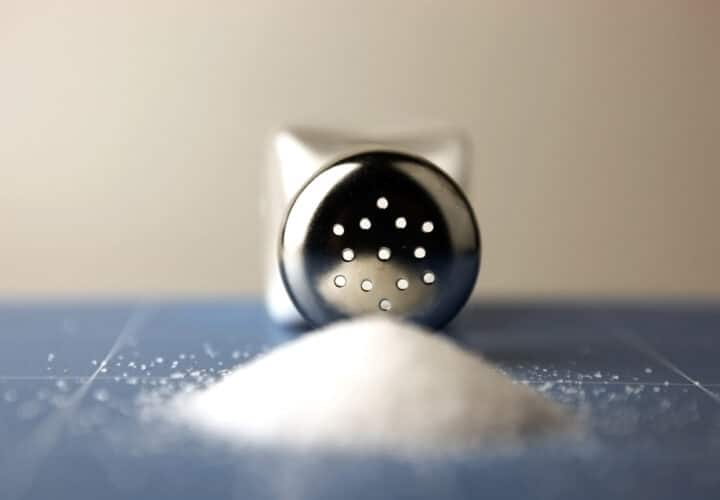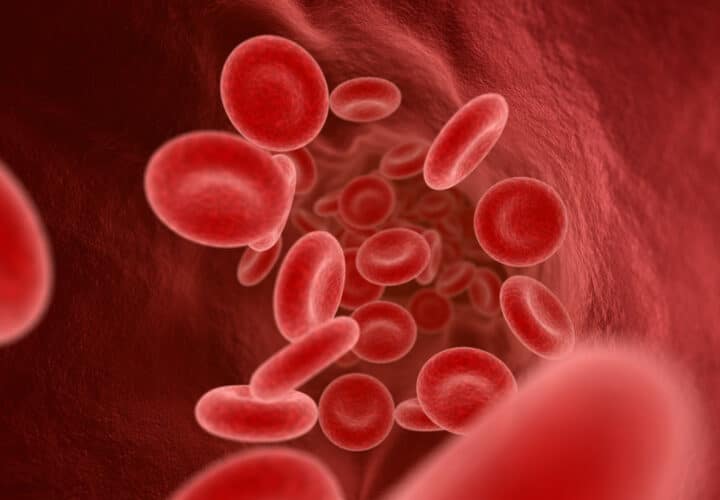Salt: Our bodies need it to function, but too much sodium can have dire consequences for cardiovascular health, like stroke, mounting research shows. Researchers at Cornell University have found that a diet high in salt affects the flow of blood to the brain, which can result in memory problems, according to reports in the journal Nature Neuroscience.
In an animal study, scientists found that mice who were fed high-salt diets consistently did worse on memory tests and had trouble with basic tasks, like building a nest. When they investigated further, they saw that the salt caused changes in the gut—the small intestine expanded, creating inflammation—that led to a decreased blood flow to the brain. The lack of blood flow deprived the brain of oxygen, which damaged neurons.
“We know that too much salt can be bad for the heart, and this study suggests it can also have negative consequences for the brain,” said Sara Imarisio, Head of Research at Alzheimer’s Research U.K. “Interestingly, this research not only highlights the importance of the immune system for brain health but also suggests that changes in the gut can play a role.”
The mice were fed a diet that contained salt levels equivalent to more than one teaspoon per day for humans—the recommendation by the U.S. Department of Agriculture hovers around three-quarters of a teaspoon per day, although studies show that most Americans consume about 50 percent more than that.
But importantly, the mice tested normal after they returned to a regular diet, the study showed.
“While this research was in mice, the findings highlight the importance of cutting out excess salt in our diets, as well as identifying possible new avenues in the search for treatments to help those with memory problems or dementia,” said Imarisio.
The connection between heart health and brain health continues to gain traction as a potential cause of dementia. We know that having a stroke can triple the chance of dementia, and this research adds more evidence to the heart-brain link.




Please share what kind of salt was used for the experiment (e g. table salt, sea salt).